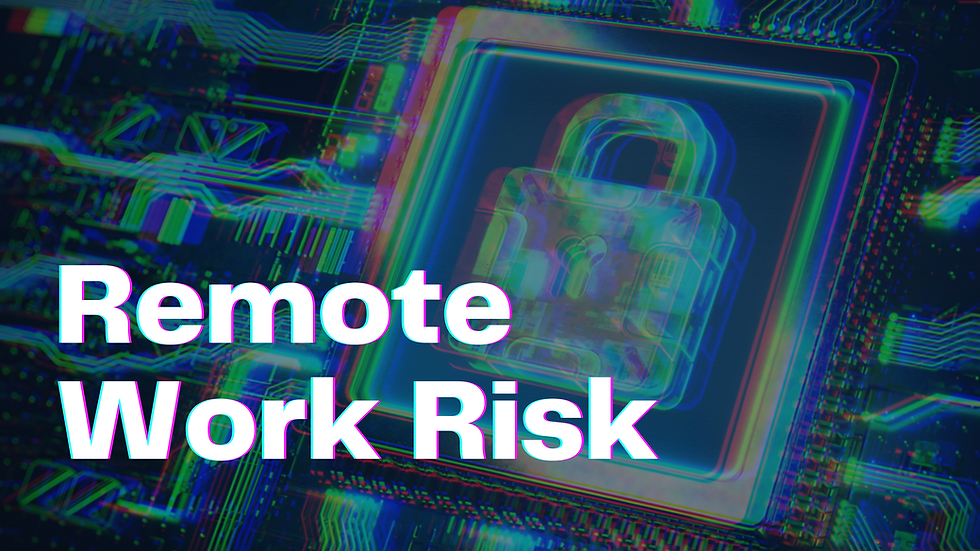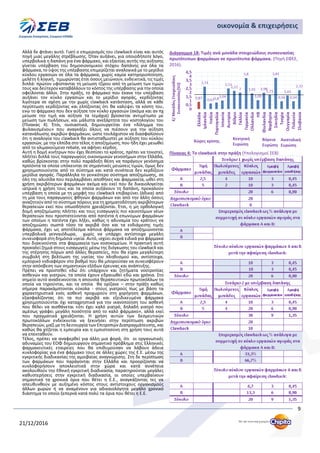Remote Work Security Risks: North Korea's Exploitation Of US Job Markets

Table of Contents
North Korea's Cyber Warfare Capabilities and Motivations
North Korea has a long and well-documented history of state-sponsored cyberattacks. Driven by financial needs and geopolitical ambitions, the regime leverages its advanced hacking capabilities to target US entities, stealing funds and intellectual property. Their operations are characterized by highly skilled hackers utilizing advanced techniques, making them a formidable threat.
- Lazarus Group Activities: The Lazarus Group, a notorious North Korean hacking group, is widely believed to be responsible for numerous high-profile attacks globally. Their connection to the North Korean government is well-established, highlighting the state's direct involvement in these malicious activities.
- Successful Past Attacks: The Lazarus Group's track record includes successful attacks on financial institutions, resulting in millions of dollars in stolen funds. These attacks often involve meticulously planned social engineering campaigns and highly sophisticated malware.
- Cryptocurrency Laundering: Stolen funds are frequently laundered through cryptocurrency transactions, making it difficult to trace the origin and destination of the illicit proceeds. This adds another layer of complexity to the challenge of combating these attacks. The use of cryptocurrency highlights North Korea's adaptation to the evolving financial landscape, demonstrating their advanced techniques for obfuscating their operations.
Specific Security Risks for Remote US Workers
Remote workers present a particularly attractive target for North Korean cyberattacks. The decentralized nature of remote work, often involving less secure home networks and a lack of robust corporate IT support, creates significant vulnerabilities. North Korean actors exploit these vulnerabilities through various attack vectors:
- Phishing Emails: Remote workers are frequently targeted with highly personalized phishing emails containing malicious links or attachments designed to install malware or steal credentials. These emails often mimic legitimate communications from employers or trusted sources.
- Malware Infections: Malware is often spread through infected software downloads, compromised websites, or malicious email attachments. This malware can range from ransomware that encrypts data to spyware that steals sensitive information.
- Credential Stuffing: Stolen credentials from previous data breaches are frequently used in "credential stuffing" attacks, where hackers attempt to access accounts using lists of compromised usernames and passwords. This underscores the importance of strong, unique passwords for each account.
- Supply Chain Attacks: North Korean hackers may target software vendors or service providers that support remote workers, compromising the entire supply chain and gaining access to numerous individuals and organizations. This highlights the interconnectedness of modern cybersecurity threats.
Identifying and Mitigating the Risks
Protecting against North Korean cyberattacks requires a multi-layered approach encompassing both individual and organizational measures:
- Strong Passwords and Multi-Factor Authentication (MFA): Implementing strong, unique passwords for each online account, coupled with MFA, significantly reduces the risk of unauthorized access.
- Regular Software Updates and Patching: Regularly updating operating systems, applications, and antivirus software is crucial for patching known vulnerabilities and preventing malware infections.
- Secure Home Networks: Remote workers should use strong passwords for their Wi-Fi networks, enable firewalls, and consider using a Virtual Private Network (VPN) to encrypt their internet traffic and protect their data.
- Cybersecurity Awareness Training: Regular cybersecurity awareness training is essential for educating employees on how to identify and avoid phishing scams, malicious links, and other social engineering tactics.
- Incident Response Plan: Organizations should have a comprehensive incident response plan in place to address security breaches effectively and minimize the impact of an attack.
The Role of Government and Private Sector Collaboration
Combating the threat posed by North Korean cyberattacks necessitates strong collaboration between government agencies and the private sector:
- Information Sharing and Threat Intelligence: Sharing threat intelligence and collaborating on cybersecurity best practices is crucial for identifying and responding to emerging threats effectively.
- Stronger Cybersecurity Regulations and Standards: Developing and enforcing stronger cybersecurity regulations and standards for remote work environments is essential for improving overall security posture.
- Increased Investment in Cybersecurity Research and Development: Increased investment in cybersecurity research and development is necessary to stay ahead of the constantly evolving threat landscape.
Conclusion: Securing Remote Work Against North Korean Cyber Threats
The threat of North Korean cyberattacks targeting remote US workers is real and growing. The sophisticated techniques employed by these actors, combined with the increased vulnerabilities associated with remote work, necessitate a proactive approach to cybersecurity. By implementing the security best practices outlined above – including strong passwords, MFA, regular software updates, secure home networks, and comprehensive cybersecurity awareness training – individuals and organizations can significantly reduce their vulnerability to these attacks. Businesses must also invest in robust cybersecurity solutions and employee training to effectively combat this threat. Further research into North Korea cyberattacks and their impact on the US job market is crucial to developing comprehensive countermeasures and safeguarding against future attacks. Don't wait until it's too late; prioritize remote work security now.

Featured Posts
-
 Pokemon Tcg Pocket Breakneck Expansion Release Stress
May 29, 2025
Pokemon Tcg Pocket Breakneck Expansion Release Stress
May 29, 2025 -
 Decades Old Rape Case How A Disputed Warrant Led To Conviction
May 29, 2025
Decades Old Rape Case How A Disputed Warrant Led To Conviction
May 29, 2025 -
 Arcane League Of Legends 4 K Blu Ray Steelbook Sale 50 Off At Amazon
May 29, 2025
Arcane League Of Legends 4 K Blu Ray Steelbook Sale 50 Off At Amazon
May 29, 2025 -
 Ramalan Cuaca Jawa Timur Antisipasi Hujan Lebat Dan Petir 29 Maret 2024
May 29, 2025
Ramalan Cuaca Jawa Timur Antisipasi Hujan Lebat Dan Petir 29 Maret 2024
May 29, 2025 -
 Ipa O Mask Proeidopoiei Gia Ayksisi Toy Dimosionomikoy Elleimmatos Me Ton Proypologismo Tramp
May 29, 2025
Ipa O Mask Proeidopoiei Gia Ayksisi Toy Dimosionomikoy Elleimmatos Me Ton Proypologismo Tramp
May 29, 2025
Latest Posts
-
 Finding Your Good Life A Journey Of Self Discovery
May 31, 2025
Finding Your Good Life A Journey Of Self Discovery
May 31, 2025 -
 The Good Life Finding Happiness And Fulfillment
May 31, 2025
The Good Life Finding Happiness And Fulfillment
May 31, 2025 -
 The Evolving Good Life Adapting To Change And Growth
May 31, 2025
The Evolving Good Life Adapting To Change And Growth
May 31, 2025 -
 Designing The Good Life A Practical Guide
May 31, 2025
Designing The Good Life A Practical Guide
May 31, 2025 -
 Understanding The Good Life Values Goals And Actions
May 31, 2025
Understanding The Good Life Values Goals And Actions
May 31, 2025
